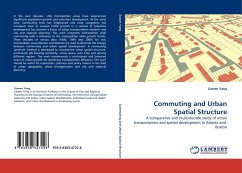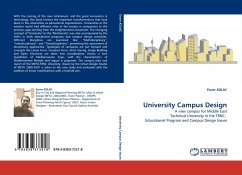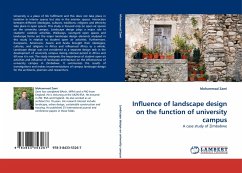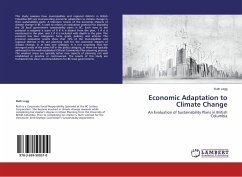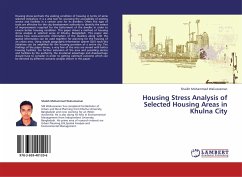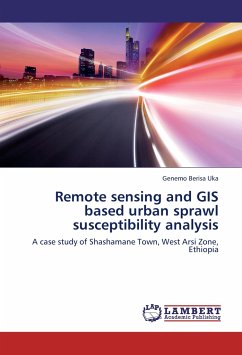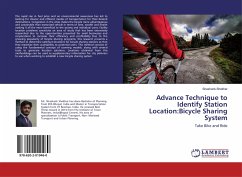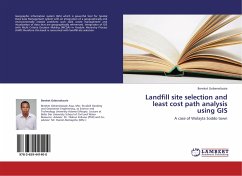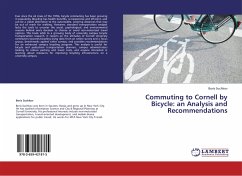
Commuting to Cornell by Bicycle: an Analysis and Recommendations
Versandkostenfrei!
Versandfertig in 6-10 Tagen
22,99 €
inkl. MwSt.

PAYBACK Punkte
11 °P sammeln!
Ever since the oil crises of the 1970s, bicycle commuting has been growing in popularity. Bicycling has health benefits, is inexpensive and efficient, and can be a viable alternative to the automobile, covering distances that may be out of reach for walking. However, standard transportation analysis lacks the tools to uncover the social, psychological, and environmental reasons behind one's decision to choose or avoid non-motorized travel options. This book adds to a growing body of university campus bicycle transportation research. It reports on the attitudes of Cornell University commuters t...
Ever since the oil crises of the 1970s, bicycle commuting has been growing in popularity. Bicycling has health benefits, is inexpensive and efficient, and can be a viable alternative to the automobile, covering distances that may be out of reach for walking. However, standard transportation analysis lacks the tools to uncover the social, psychological, and environmental reasons behind one's decision to choose or avoid non-motorized travel options. This book adds to a growing body of university campus bicycle transportation research. It reports on the attitudes of Cornell University commuters towards bicycling using data from an online survey and a focus group, benchmarks against other surveys, and provides recommendations for an enhanced campus bicycling program. This analysis is useful for bicycle and pedestrian transportation planners, campus administrators looking to reduce parking and travel costs, and anyone interested in learning about measures for improving bicycling infrastructure on a university campus.



